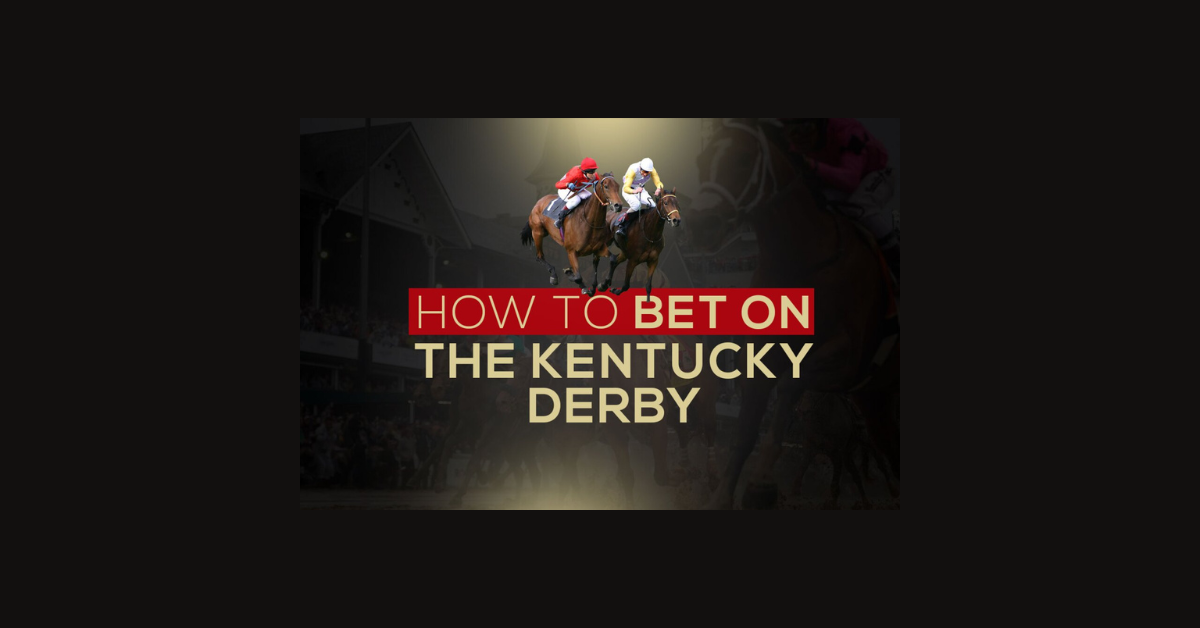Understanding the Different Types of Bets Available
When it comes to horse racing betting, there are various types of bets available for punters to choose from. One common type is the “Win” bet, where the bet is placed on the horse that the punter believes will win the race. Another popular type is the “Place” bet, which pays out if the selected horse finishes in the top two or three, depending on the number of runners. Additionally, the “Each Way” bet combines both Win and Place bets into a single wager, providing a payout if the horse wins or places.
For those looking for a bit more challenge, there are exotic bets like the “Exacta” and “Trifecta.” The Exacta bet involves selecting the first two horses to cross the finish line in exact order, while the Trifecta bet requires picking the first three horses in the correct order. These bets offer higher payouts but also come with increased difficulty in predicting the outcome of the race. It’s important for punters to understand the different types of bets available in order to make informed decisions and maximize their chances of winning.
Researching the Horses and Jockeys
To effectively research the horses and jockeys before placing your bets, it is essential to look beyond just the recent race results. Dive deeper into their historical performances, analyzing factors such as track conditions, distances, and competition levels. Pay close attention to any patterns or trends that may indicate a horse or jockey’s current form and potential for success in an upcoming race.
Furthermore, take the time to observe the individual styles and strategies of both the horses and jockeys. Consider how a horse typically runs a race – whether they prefer to lead from the start or make a late surge – and how well a jockey adapts to different racing scenarios. Understanding these nuances can give you valuable insights into how a particular horse and jockey combination may perform on race day.
Setting a Budget for Betting
When engaging in horse race betting, it is crucial to establish a clear budget to avoid overspending. Setting a budget helps prevent impulsive decisions and allows for a structured approach to betting. By determining how much you are willing to invest in betting activities, you can better manage your finances and potentially reduce the risk of significant losses.
A well-defined budget also enables bettors to track their spending and assess their overall betting performance. Regularly monitoring your expenditures in relation to your budget can provide valuable insights into your betting habits and outcomes. Additionally, having a budget in place can enhance discipline and encourage responsible betting behavior.
Creating a Betting Strategy
To create a successful betting strategy for horse racing, it is essential to first analyze the race card thoroughly. Study the horses’ past performances, jockeys, trainers, track conditions, and distance preferences. By identifying patterns and trends, you can make more informed decisions when placing your bets.
Another crucial aspect of a betting strategy is managing your bankroll effectively. Set a budget for each race day and stick to it regardless of the outcomes. Avoid chasing losses and refrain from betting more than you can afford to lose. By adopting a disciplined approach to managing your finances, you can ensure a more sustainable and enjoyable betting experience.
Learning the Terminology of Horse Racing
Horse racing has its own set of jargon that may seem daunting to new enthusiasts. Understanding the terminology used in the sport is crucial for engaging in meaningful conversations with seasoned bettors and enthusiasts alike. Terms like “furlong,” “handicap,” “saddle cloth,” and “blinkers” might sound unfamiliar at first, but once you grasp their meanings, you can navigate the world of horse racing more confidently.
Moreover, learning common horse racing terms will also help you make more informed betting decisions. For instance, knowing what “exotic bets” or “ante-post odds” mean can assist you in diversifying your betting strategies and selecting the type of wager that aligns best with your risk appetite. Whether you are a casual spectator or a serious bettor, familiarizing yourself with the terminology of horse racing can enhance your overall experience and make you feel more connected to the thrilling world of the racetrack.















